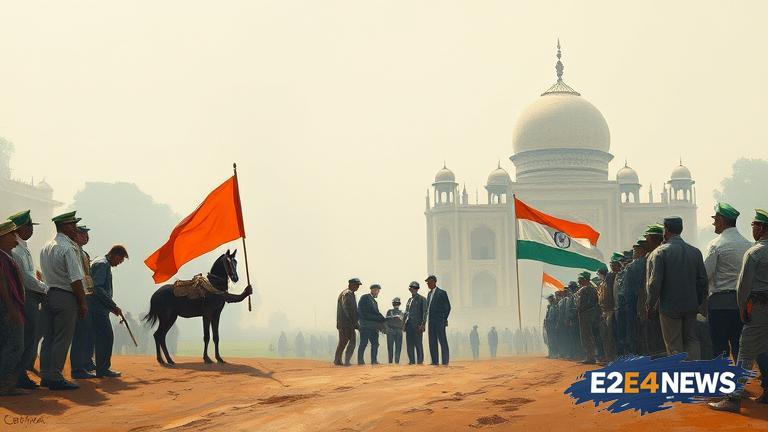The South Asian region has been plagued by conflict and tension for decades, with the threat of nuclear war looming large. Despite the presence of multiple nuclear-armed states, the region has managed to maintain a fragile peace. However, this peace is precarious and can be disrupted at any moment. The main contributors to this delicate balance of power are the complex relationships between India, Pakistan, and other neighboring countries. The Kashmir dispute remains a major point of contention between India and Pakistan, with both countries claiming sovereignty over the region. The Line of Control, which separates the Indian-administered and Pakistani-administered regions of Kashmir, has been a frequent flashpoint for violence. In recent years, there have been numerous ceasefire violations and skirmishes along the Line of Control, resulting in the loss of lives and property. The situation is further complicated by the presence of militant groups, which have been known to carry out attacks in both India and Pakistan. The Afghan conflict has also had a significant impact on the region, with the Taliban and other militant groups seeking to exploit the instability. The United States has been involved in the region for several years, with a significant military presence in Afghanistan. However, the US withdrawal from Afghanistan has created a power vacuum, which has been filled by other regional players. China has been increasing its influence in the region, with significant investments in infrastructure and trade. The China-Pakistan Economic Corridor, a major infrastructure project, has been a source of contention between India and Pakistan. The project passes through the disputed region of Kashmir, which has been a major point of contention between the two countries. The Indian government has been critical of the project, citing concerns over sovereignty and territorial integrity. Despite these challenges, there are efforts underway to promote peace and stability in the region. The Indian and Pakistani governments have been engaged in diplomatic efforts to reduce tensions and promote dialogue. However, these efforts have been hindered by the presence of militant groups and the complex web of relationships between the various regional players. The international community has a significant role to play in promoting peace and stability in the region, with the United Nations and other organizations working to reduce tensions and promote dialogue. Ultimately, the fragile peace in South Asia requires careful management and diplomacy to prevent the outbreak of conflict. The region is at a critical juncture, with the potential for either peace or conflict. It is essential that the regional players work together to promote stability and reduce tensions, rather than allowing the situation to escalate further.
